
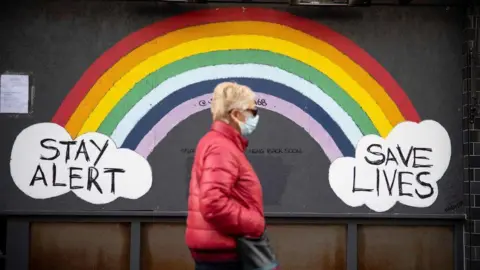 Getty Images
Getty Images
The Covid-19 Inquiry has started hearing evidence about measures taken to help support workers' incomes and keep businesses afloat when the pandemic struck.
It follows the publication of the inquiry's report into political decision-making, which said the response was "too little, too late".
Just under 227,000 people died in the UK from Covid between March 2020 and May 2023, when the World Health Organization said the "global health emergency" was over.
What is the Covid public inquiry?
Former UK Prime Minister Boris Johnson launched the Covid-19 Inquiry in June 2022, more than a year after he said the government's actions during the pandemic would be put "under the microscope".
The announcement came after the Covid-19 Bereaved Families for Justice campaign group said it was considering a judicial review over "time-wasting".
The inquiry covers decision-making by the UK government, as well as the administrations in Scotland, Wales and Northern Ireland. The first public hearings took place in June 2023.
Public inquiries are established and funded by the government and are led by an independent chair. They can compel witnesses to give evidence.
No-one is found guilty or innocent, but an inquiry publishes conclusions and recommendations. The government is not obliged to accept these.
The Covid inquiry's chair is former judge and crossbench peer Baroness Hallett, who previously led the inquests into the 7 July London bombings.
What evidence will the inquiry hear on support for businesses?
The third stage of the inquiry will look at the unprecedented economic steps taken when the first lockdown was announced in March 2020.
More than £140bn was spent on help for businesses, much of it going to pay people's wages when they were forced to stay at home. The largest scheme, furlough, covered 11.7 million jobs between March 2020 and September 2021.
There was also a support scheme for self-employed people, loan schemes for businesses and business rates relief.
However, questions have been raised about the scale of the financial support and the strength of safeguards against fraud and error.
This stage of the inquiry, which is due to last until just before Christmas, has received more than 8,000 submissions from the public. Business owners have described breaking into tears as they were forced to lay off staff or shut up shop, while employees have said they feared for their jobs.
Rishi Sunak, who was chancellor of the exchequer during the pandemic, has confirmed that he will give evidence.
What did the Covid inquiry report into political decisions say?
The inquiry's second report, into political decision-making, said lockdown may have been avoided if voluntary steps such as social distancing and isolation had been brought in earlier than 16 March 2020.
A week-long delay led to 23,000 more deaths in England in the first wave than would have been seen otherwise, the report said.
It also described a "toxic and chaotic" culture at the heart of the UK government during its response to the pandemic, which it said affected the quality of advice and decision-making.
More than 7,000 documents from the time have been made public, including WhatsApp chats and emails, private diaries and confidential files.
What did the inquiry's report into preparedness say?
The first report, into resilience and preparedness, was published in July 2024.
In it, Baroness Hallett said the UK had been "ill-prepared for dealing with a catastrophic emergency, let alone the coronavirus pandemic".
"Never again can a disease be allowed to lead to so many deaths and so much suffering," she added.
The 217-page report argued the UK planned for the wrong pandemic - a mild one where spread of a new virus was inevitable - and this led to the "untested" policy of lockdown.
It said the UK government and devolved nations "failed their citizens", and that ministers did not sufficiently challenge scientific experts.
It made recommendations for reforming the way the government approaches emergency planning.
What else is the inquiry looking at?
The inquiry is still investigating other aspects of the pandemic:
- the impact on healthcare systems across the UK
- vaccines, therapeutics and anti-viral treatment
- government procurement and PPE
- the care sector
- test-and-trace
- the impact on children and young people
- the impact on society
The final public hearings are due to begin in February 2026.
The inquiry will publish several reports, including the conclusions of each module.
Scotland is holding a separate inquiry into the pandemic.
Who has given evidence to the inquiry?
The inquiry has heard from hundreds of witnesses. They include current and former politicians, civil servants, government advisers, public health experts and representatives of bereaved families.
Many were extremely critical of Johnson, who was prime minister throughout the pandemic.
He began his first evidence session in December 2023 by apologising for the "pain and the loss and the suffering" during the pandemic.
Barnard Castle, ICU and heckling: Johnson grilled at Covid inquiry
Johnson admitted mistakes were made and that "there were unquestionably things we should have done differently", but insisted that ministers had done their "level best" in difficult circumstances.
Former Prime Minister Rishi Sunak gave evidence about his role as chancellor during Covid.
He also apologised to "all those who suffered... as a result of the actions that were taken", but denied his Eat Out to Help Out Scheme had increased infections and deaths.

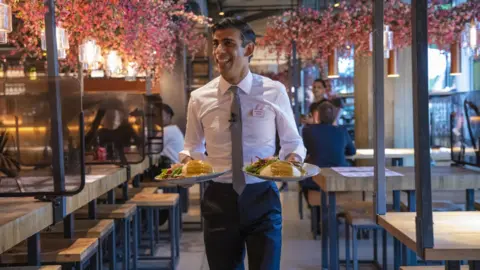 HM Treasury
HM Treasury
The government's chief medical officer, Prof Sir Chris Whitty, and former chief scientific adviser Sir Patrick Vallance, previously told the inquiry that they had not been consulted about the policy.
Sir Patrick, Sir Chris and his former deputy Prof Sir Jonathan Van-Tam also said they had received substantial abuse from the public while carrying out their roles.

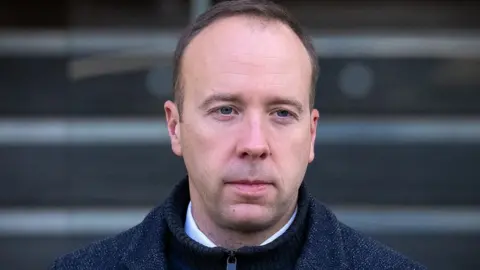 Getty Images
Getty Images
Several witnesses accused Matt Hancock of lying during his tenure as Health Secretary, which he denied
Former Health Secretary Matt Hancock has given evidence several times.
He told the inquiry that the UK's pandemic strategy had been completely wrong, while admitting the UK should have locked down much sooner.
Hancock also criticised the "toxic culture" in government, for which he blamed Johnson's former adviser Dominic Cummings.
In his evidence to the inquiry, Mr Cummings described a "dysfunctional" government and was very critical of Johnson's approach.
The hearing also discussed scathing text messages he sent, many of which contained offensive descriptions of ministers and officials.
Mr Cummings said he regretted the handling of his infamous trip to Barnard Castle during the first lockdown, but denied that he had damaged public trust in the government.
- Covid inquiry WhatsApps paint picture of chaos
- How inquiry is exposing deep flaws in Covid decision-making
The inquiry has also heard from Scottish, Welsh and Northern Irish political leaders, including:
- former Scottish First Ministers Nicola Sturgeon and Humza Yousaf
- former Welsh First Minister Mark Drakeford
- current Northern Irish First Minister Michelle O'Neill and former First Minister Baroness Foster

 German (DE)
German (DE)  English (US)
English (US)  Spanish (ES)
Spanish (ES)  French (FR)
French (FR)  Hindi (IN)
Hindi (IN)  Italian (IT)
Italian (IT)  Russian (RU)
Russian (RU)  53 minutes ago
53 minutes ago
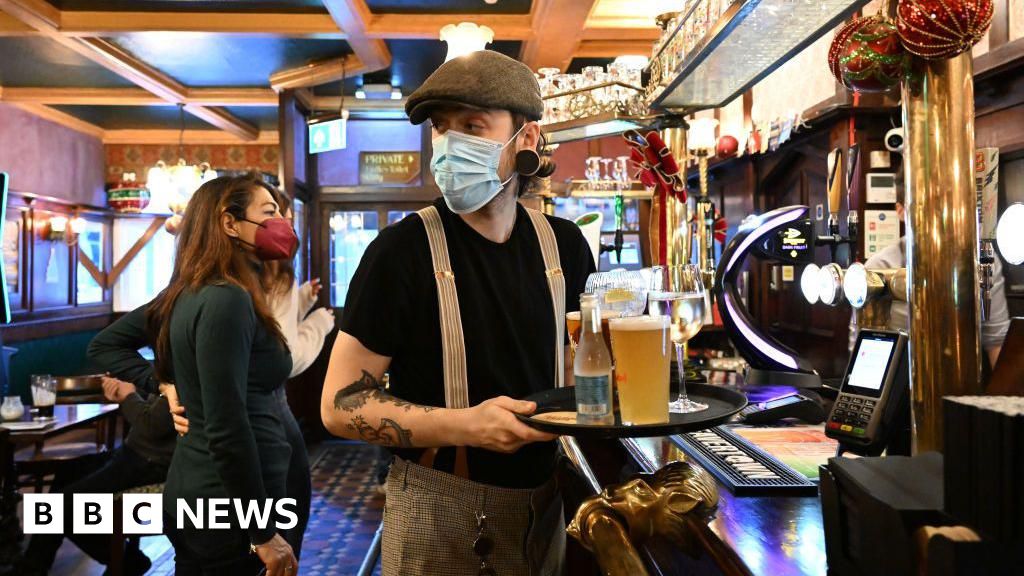

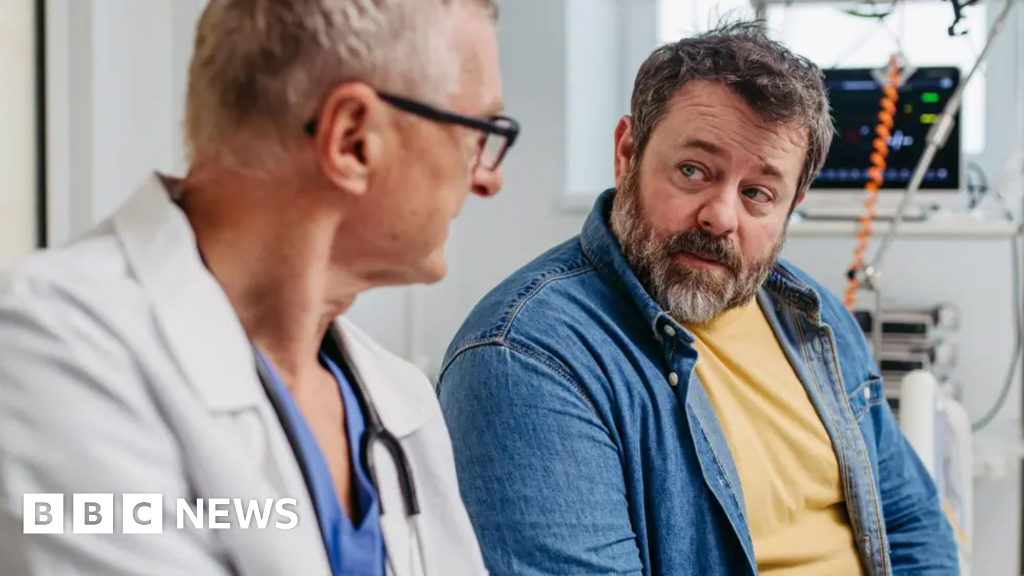


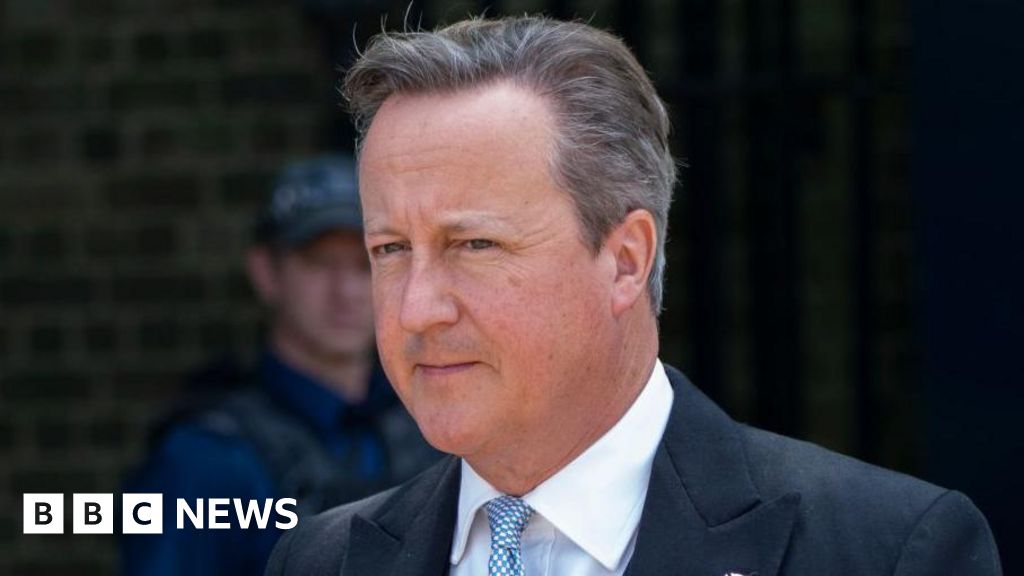
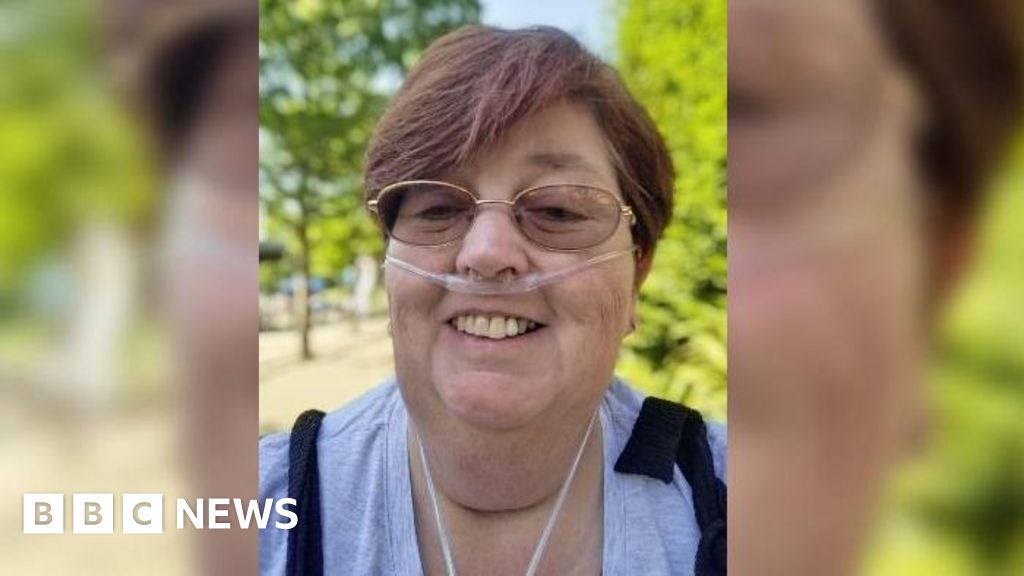
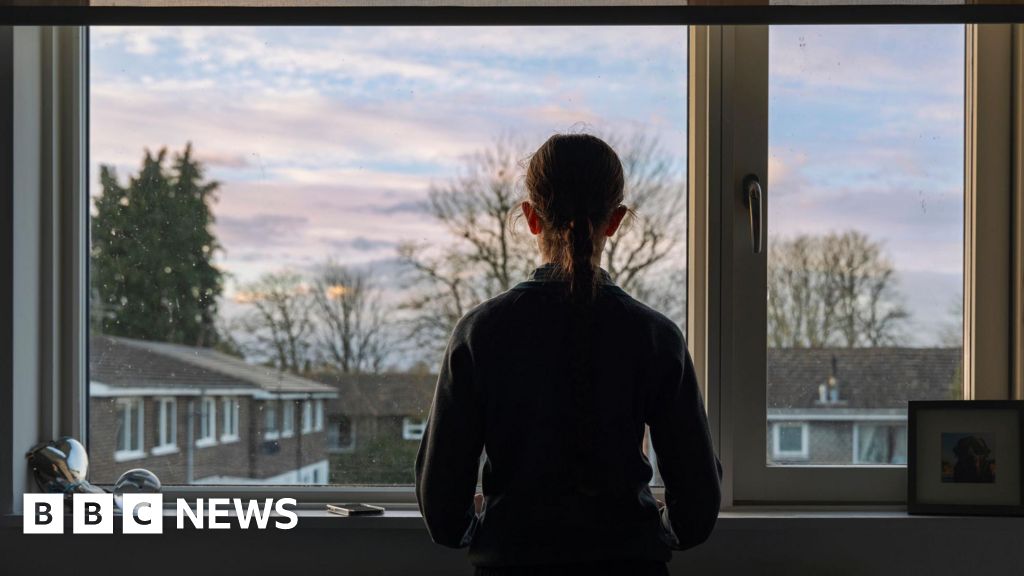
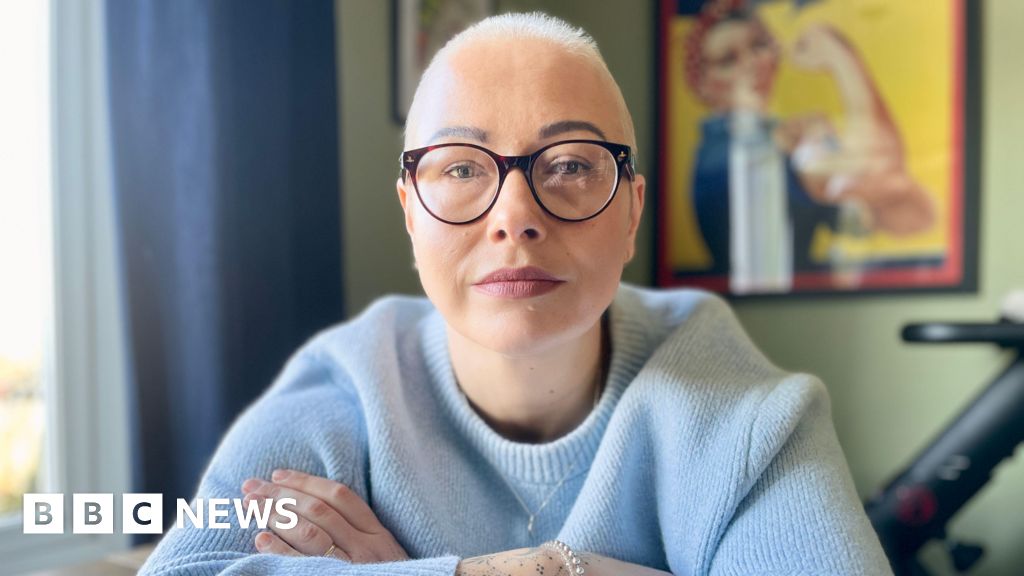

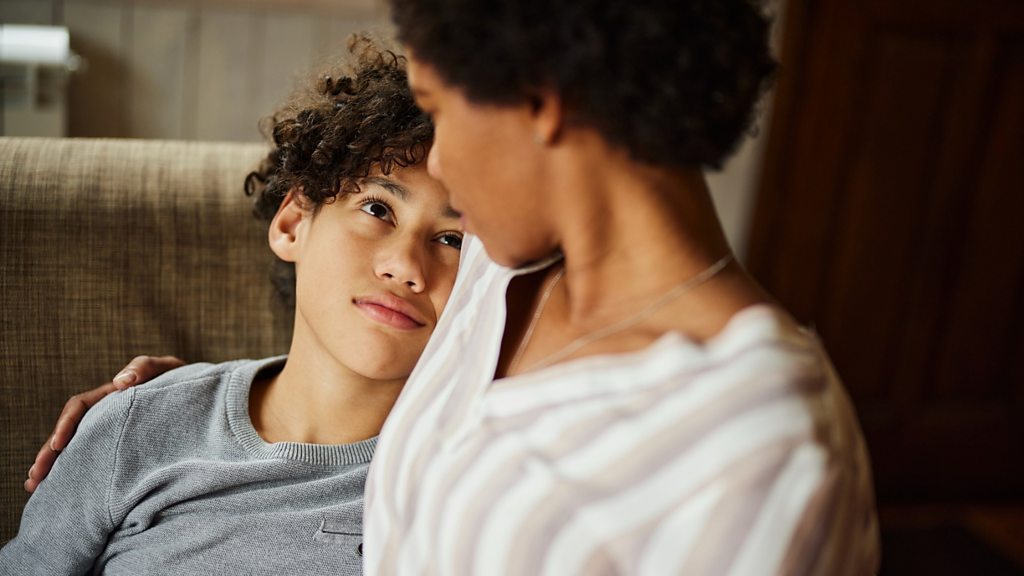
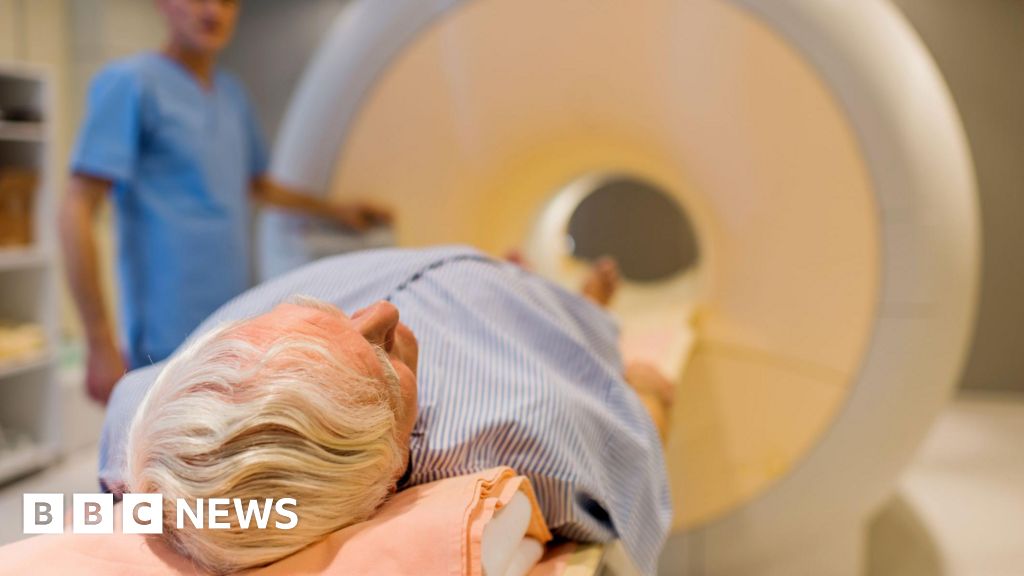









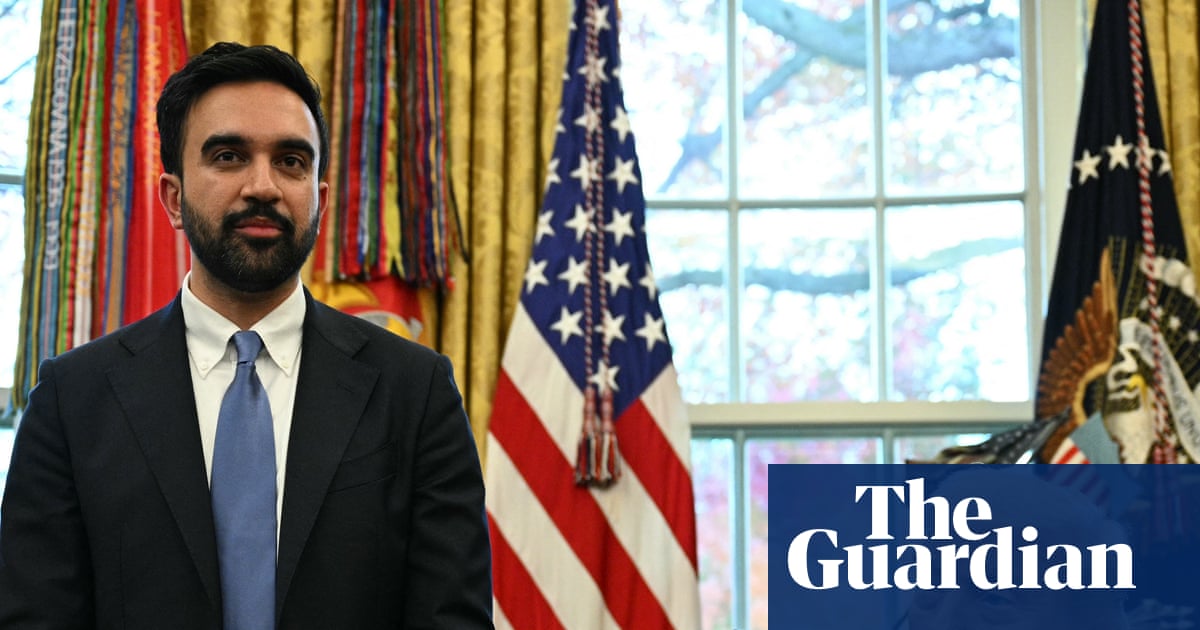


Comments